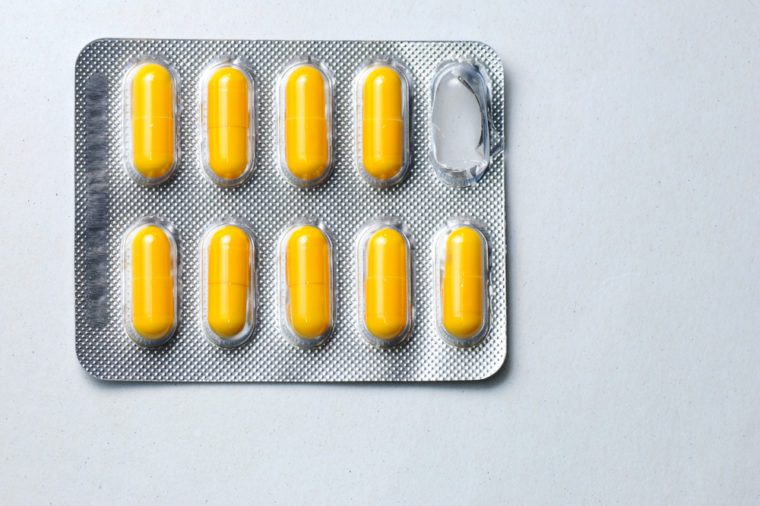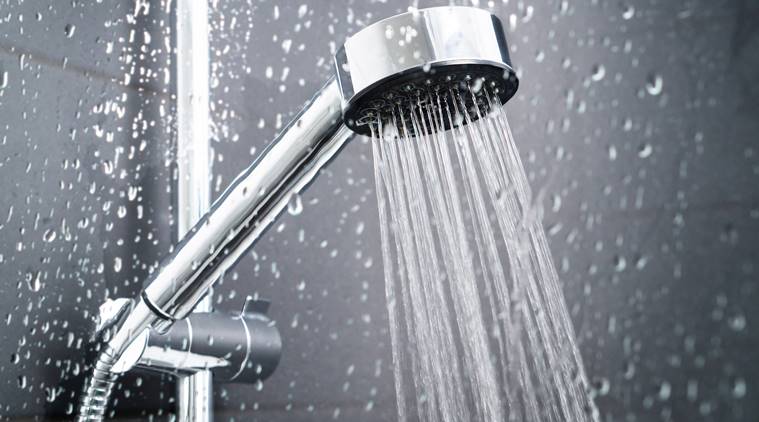}
Countries where sleep time has declined most dramatically over the past century, such as the US, the UK, Japan, South Korea and several in western Europe, are also those suffering the greatest increase in rates of the mental disorders.
Strategies for getting a good night’s sleep
For those of us who are not suffering from insomnia or another sleep disorder, there is much we can do to secure a far better night of sleep using what we call good “sleep hygiene” practices, for which a list of twelve key tips can be found at the National Institutes of Health website. All twelve suggestions are superb advice, but if you can only adhere to one of these each and every day, make it going to bed and waking up at the same time of day no matter what. It is perhaps the single most effective way of helping improve your sleep, even though it involves the use of an alarm clock.
In addition to the longer commute time and “sleep procrastination” caused by late-night television and digital entertainment five key factors have dramatically changed how much and how well we sleep:
- constant electric light as well as LED light,
- regularized temperature,
- caffeine,
- alcohol,
- introduce of time punching time cards, now digital cards.
Sleep and exercise

When sleep was poor the night prior, exercise intensity and duration were far worse the following day. When sleep was sound, levels of physical exertion were powerfully maximal the next day. In other words, sleep may have more of an influence on exercise than exercise has on sleep. It is still a clear bidirectional relationship, however, with a significant trend toward increasingly better sleep with increasing levels of physical activity, and a strong influence of sleep on daytime physical activity.
Exercise and sleep
Last but not least, the two most common public questions about improving sleep relate to exercise and diet. Sleep and exercise have a bidirectional relationship. Many of us are familiar with the deep, sound sleep we often experience after prolonged physical activity, such as a one-day hike, an extended bike ride, or even a busy day working in the garden.
Tips for getting a good night’s sleep ( I )

1. Stick to a sleep schedule. Go to bed and wake up at the same time each day. As creatures of habit, people have a hard time adjusting to changes in sleep patterns. Sleeping later on weekends won’t fully make up for a lack of sleep during the week and will make it harder to wake up early on Monday morning.

2. Exercise is great, but not too late in the day. Try to exercise at least 30 minutes on most days but not later than 2—3 hours before your bedtime.
3. Avoid caffeine and nicotine.

Coffee, colas, certain teas, and chocolate contain the stimulant caffeine, and its effects can take as long as 8 hours to wear off fully. Therefore, a cup of coffee in the late afternoon can make it hard for you to fall asleep at night. Nicotine is also a stimulant, often causing smokers to sleep only
very lightly. In addition, smokers often wake up too early in the morning because of nicotine withdrawal.
4. Avoid alcoholic drinks before bed.

Having a “nightcap” or alcoholic beveragebefore sleep may help you relax, but heavy use robs you of deep sleep and REM sleep, Heavy alcohol ingestion also may contribute to impairment in breathing at night. You also tend to wake up in the middle of the night when the effects of the alcohol have worn off.

5. Don take naps after 3 p.m. Even daytime naps as short as twenty minutes can offer a memory consolidation advantage. The siestas (the practice of natural biphasic sleep), and a healthy diet, appear to be the keys to a long-sustained life in mediteranian countries. But late afternoon naps can make it harder to fall asleep at night.

6. Avoid large meals and beverages late at night. A light snack is okay, but a large meal can cause indigestion that interferes with sleep. Drinking too many fluids at night can cause frequent awakenings to urinate.
7. If possible, avoid medications that delay or disrupt your sleep. Some escribed heart, blood pressure, or asthma medications, as well as some over-the-counter and herbal remedies for coughs, colds, or allergies,

can disrupt sleep patterns. If you have trouble sleeping, talk to your healthcare provider or pharmacist to see whether any drugs you’re taking might be contributing to your insomnia and ask whether they can be taken at other times during the day or early in the evening.
8. Relax before bed. Don’t overschedule your day so that no time is left for unwinding. A relaxing activity, such as reading or listening to music, should be part of your bedtime ritual.

9. Take a hot bath before bed. The drop in body temperature after getting out of the bath may help you feel sleepy, and the bath can help you relax and slow down so you’re more ready to sleep.
11. Have the right sunlight exposure. Daylight is key to regulating daily sleep patterns. Try to get outside in natural sunlight for at least 30 minutes each day. If possible, wake up with the sun or use very bright lights in the morning. Sleep experts recommend that, if you have problems falling asleep, you should get an hour of exposure to morning sunlight and turn down the lights before bedtime.

10. Have a good sleeping environment. Get rid of anything in your bedroom that might distract you from sleep, such as noises, bright lights, an uncomfortable bed, or warm temperatures. You sleep better if the temperature in the room is kept on the cool side. A TV, cell phone, or computer in the bedroom can be a distraction and deprive you of needed sleep. Having a comfortable mattress and pillow can help promote a good night’s sleep. Individuals who have insomnia often watch the clock. Turn the clock’s face out of view so you don’t worry about the time while trying to fall asleep.
12. Don’t lie in bed awake. If you find yourself still awake after staying in bed for more than 20 -30 minutes or if you are starting to feel anxious or worried, get up and do some relaxing activity until you feel sleepy.
My methods
They are the result of many years of tests and trials. But they also change over the years.
- I stopped drinking caffeinated beverages.
- When I’m not practicing a warm bath before bed, I put on wool socks before bed and take them off before I fall asleep.
- Never drink alcohol before in the evening.
- I drink as little fluid as possible in the evening and especially before going to bed.
- In the evening I drink green or chamomile teas to soothe the teas.
- If I have digestive problems I drink a little juniper and eat a black olive or two.
- I sometimes use binaural beats for white noise with alpha waves to help me fall asleep.
- I never get up get up if I can’t sleep. I count down from e.g. 3000 in Spanish language.
- I use wearable technology or smart phone to monitor my sleep every day.
Originally posted here: https://hive.blog/hive-120078/@biofit/mental-health-month-2020
No comments:
Post a Comment